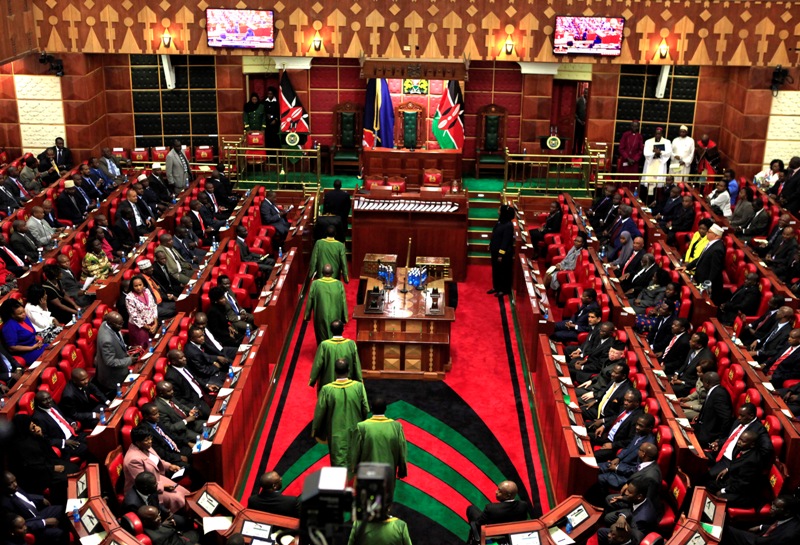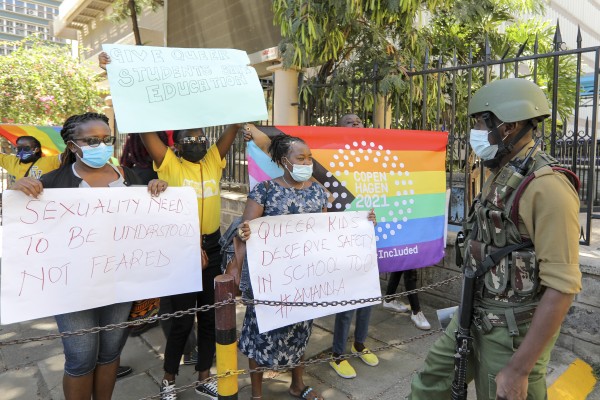The International Press Institute (IPI) today expressed alarm over a proposed law in Kenya that stipulates heavy fines or jail terms for journalists and others deemed to have defamed the country’s Parliament.
Members of the National Assembly, the lower house of the Kenyan Parliament, passed the Powers and Privileges Bill on Oct. 14. Under Clause 34 of the bill, persons who publish “any false or scandalous libel on Parliament, its committees or proceedings” or utter “words defamatory of Parliament” would face fines of 500,000 Kenyan Shillings (€4300), a two-year prison sentence, or both.
The bill would still need to be passed by the Senate, the upper house of Parliament, and signed by President Uhuru Kenyatta before becoming law.
“This bill, which ignores fundamental international standards on defamation laws and freedom of expression, represents a very serious threat to the right of Kenya’s citizens to be informed about the actions of their democratically elected representatives,” IPI Director of Press Freedom Programmes Scott Griffen said. “We call on the Kenyan Senate to make sure that this bill does not proceed any further.”
He added: “In a democratic system of governance, the actions of public officials must be open to the highest levels of scrutiny, above all in relation to their government duties – a principle that is not reflected in this bill. Moreover, bodies or institutions such as a parliament have no reputation of their own and should never be the subject of libel law.”
MP Nicholas Gumbo, a supporter of the bill, described the measure as necessary to prevent Parliament from being the subject of “mob-justice”, asking during debate: “Are we just going to allow false and scandalous information to be written about us just because we are members of Parliament?”
The National Assembly rejected attempts by some of its members, including Majority Leader Aden Duale, to remove the libel provision from the bill. “This amendment is scandalous, it is serious,” Duale said during debate. “If you chose to be a public servant, an MP, you have to be ready for public scrutiny.”
The Kenyan bill comes despite new momentum for the repeal of criminal defamation laws in Africa. In December 2014, the African Court on Human and People’s Rights set a new standard for the continent with a landmark ruling against the application of imprisonment in defamation cases. Kenya’s passage of the Powers and Privileges Bill signals the country may be heading in the opposite direction.
IPI’s reference manual Freedom of Expression, Media Law and Defamation, released in June, warned of criminal defamation laws such as the one passed by the National Assembly: “[T]he involvement of the state in prosecuting alleged defamers shifts the matter very quickly into the punishment of dissent. At the least it gives additional and excessive protection to officials and government.”



